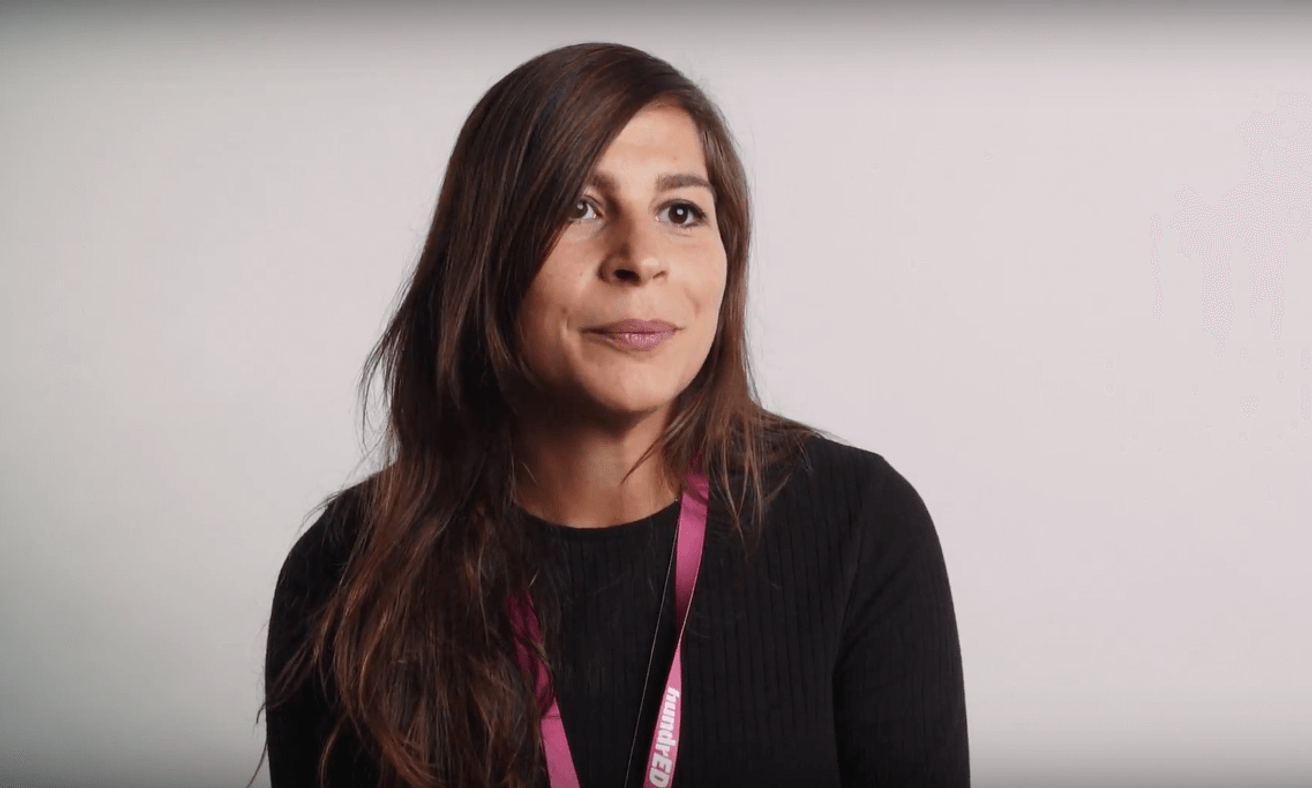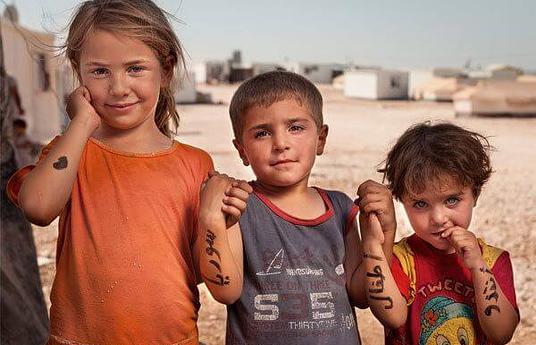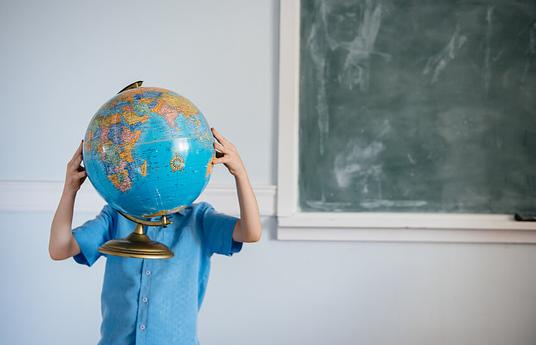Aline Sara is the founder and CEO of NaTakallam, a social enterprise that provides an income to refugees by hiring them as language partners and connecting them to language learners over Skype. NaTakallam was selected as one of HundrED's 100 Global Inspiring Innovations of 2017.
What is the biggest challenge facing education right now?
So I come from a multicultural background and I’ve had the privilege to travel and move around a lot, and we’re living in an increasingly globalized world, so we need to shape education with that in mind. What we’re actually seeing in many of the biggest and most influencing countries is the rise of populism and the growth of stereotypes, so we need to end this cycle – that is often leading to violence and misunderstanding and miscommunication - and we can do that at education level. That’s one of the main things that might be missing today within the current framework of education.
Why is it still important for people to learn a second language?
There are many studies that speak to the power of bilingualism and growing up in a multicultural setting. Learning a language isn’t just learning another language, it’s learning another culture – it’s a window into the world! It’s empowering for us as individuals, it opens doors, even work opportunities, to build global leadership, it also fosters more empathy and social abilities based on a number of stories, we can even see that from the people we’ve interacted with as well. So I think it’s critical, that we move towards a world where people are learning more than just one language because it seems there’s only positive results to that.
How is your innovation impacting refugees’ lives?
We are primarily focusing today on Syrian refugees, who have fled Syria and now live in the neighbouring countries of Syria. There they are typically barred from access to the local workforce so they don’t have the right to work, which is a basic human right. So what we’ve been able to do is, through the internet economy, is provide them with an income opportunity by hiring them as language partners.
We are impacting their lives first and foremost by providing income, but actually beyond that what they value most is the restored sense of dignity and purpose and the access to the world we’re giving. Refugees are really limited in their freedom of movement, but through the internet and through the computer screen they are meeting students from all around the world, and so that human connection is what they value the most.
The Next 100 Years of education should… annihilate standardized testing, embrace empathy and creativity in the learning space, and also make sure that no one is prevented an education due to financial constraints.





